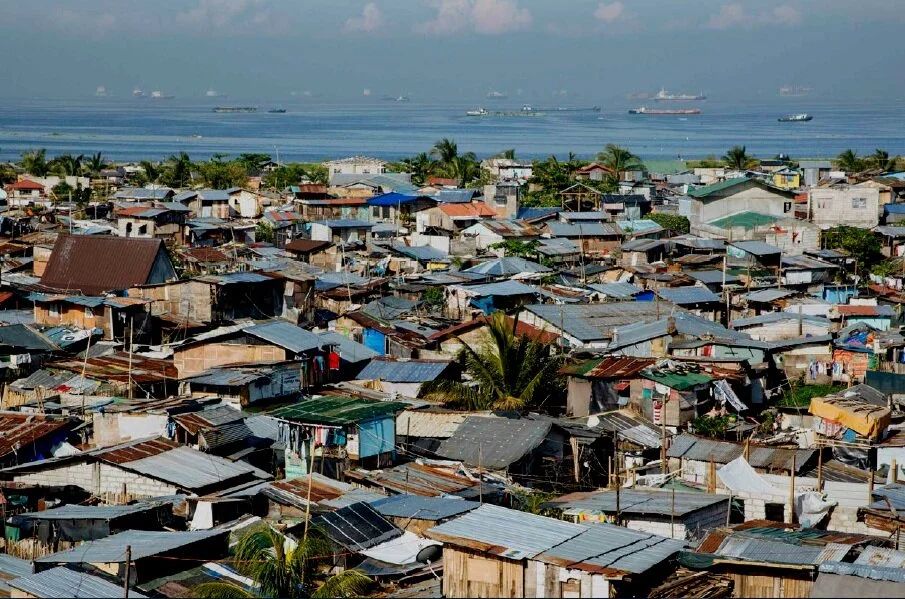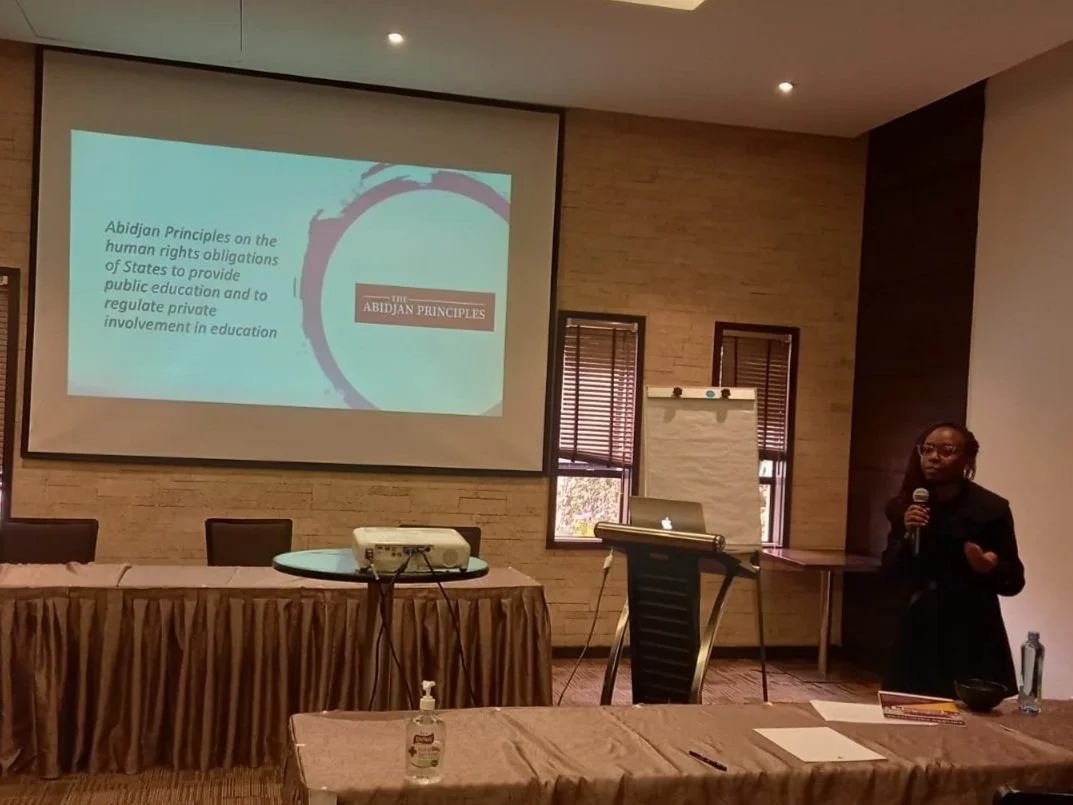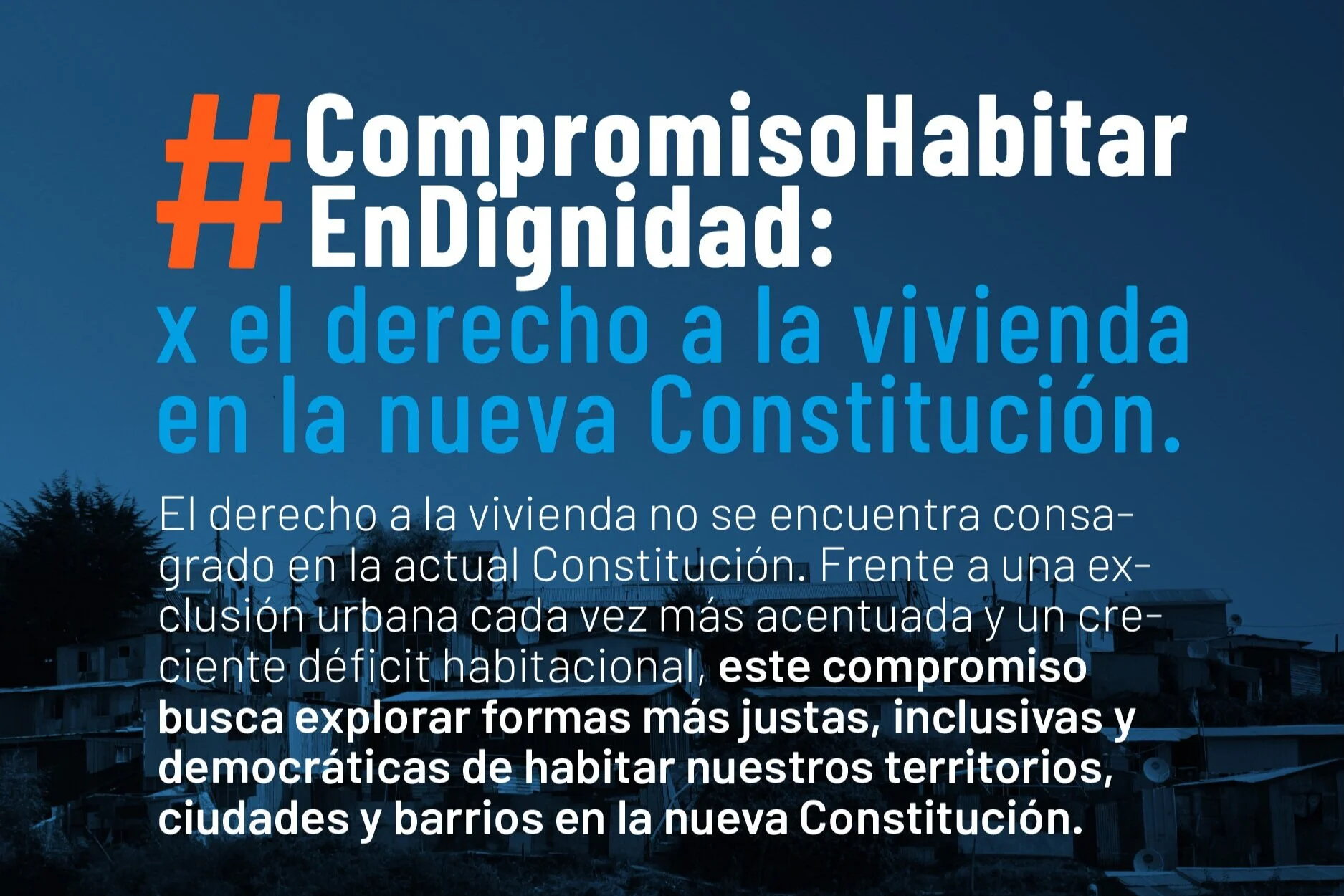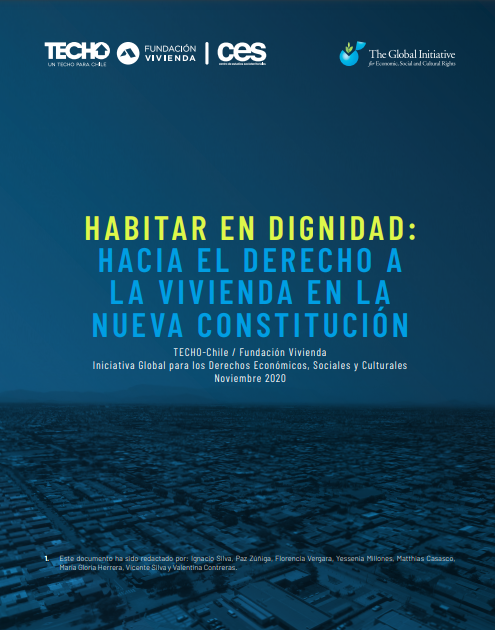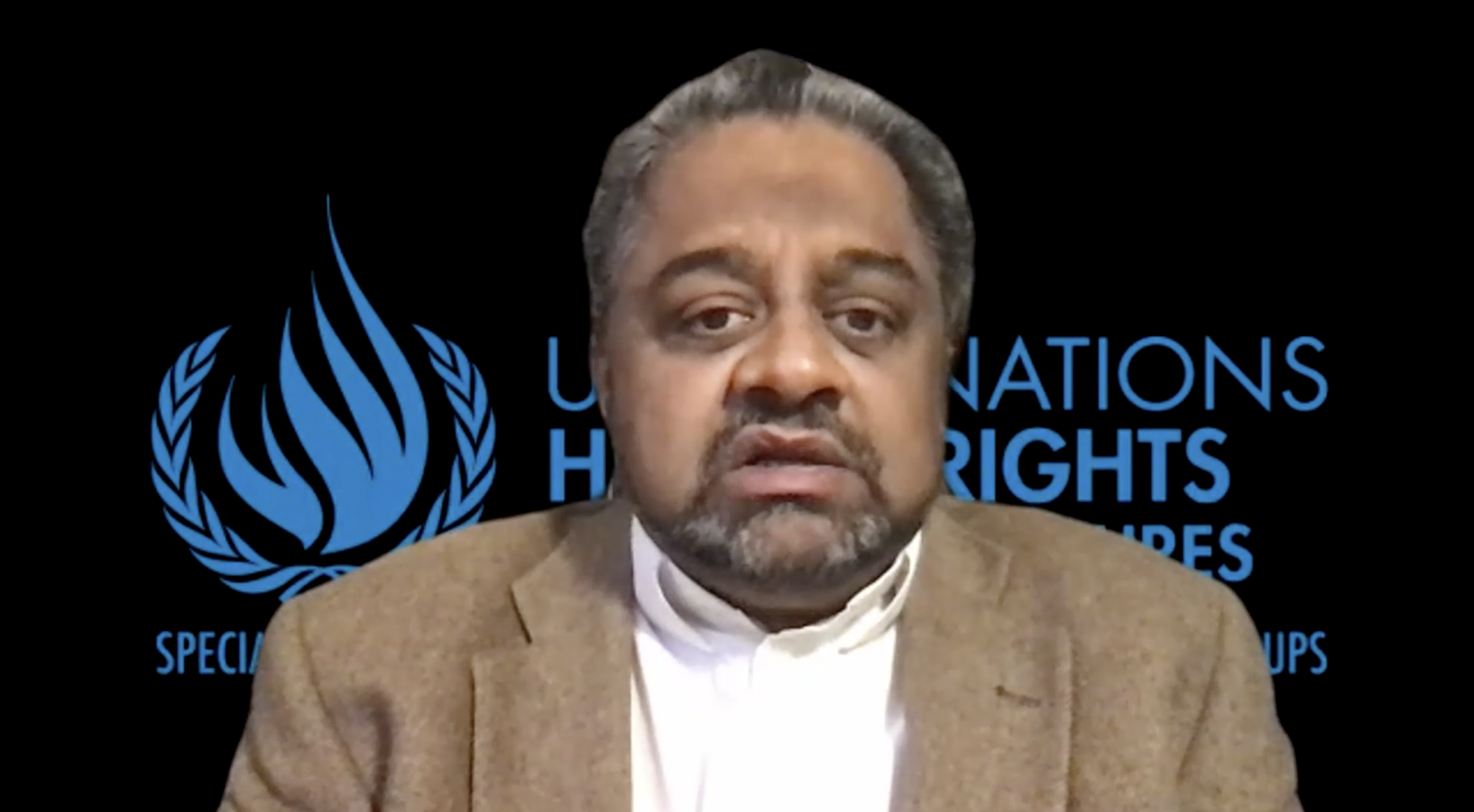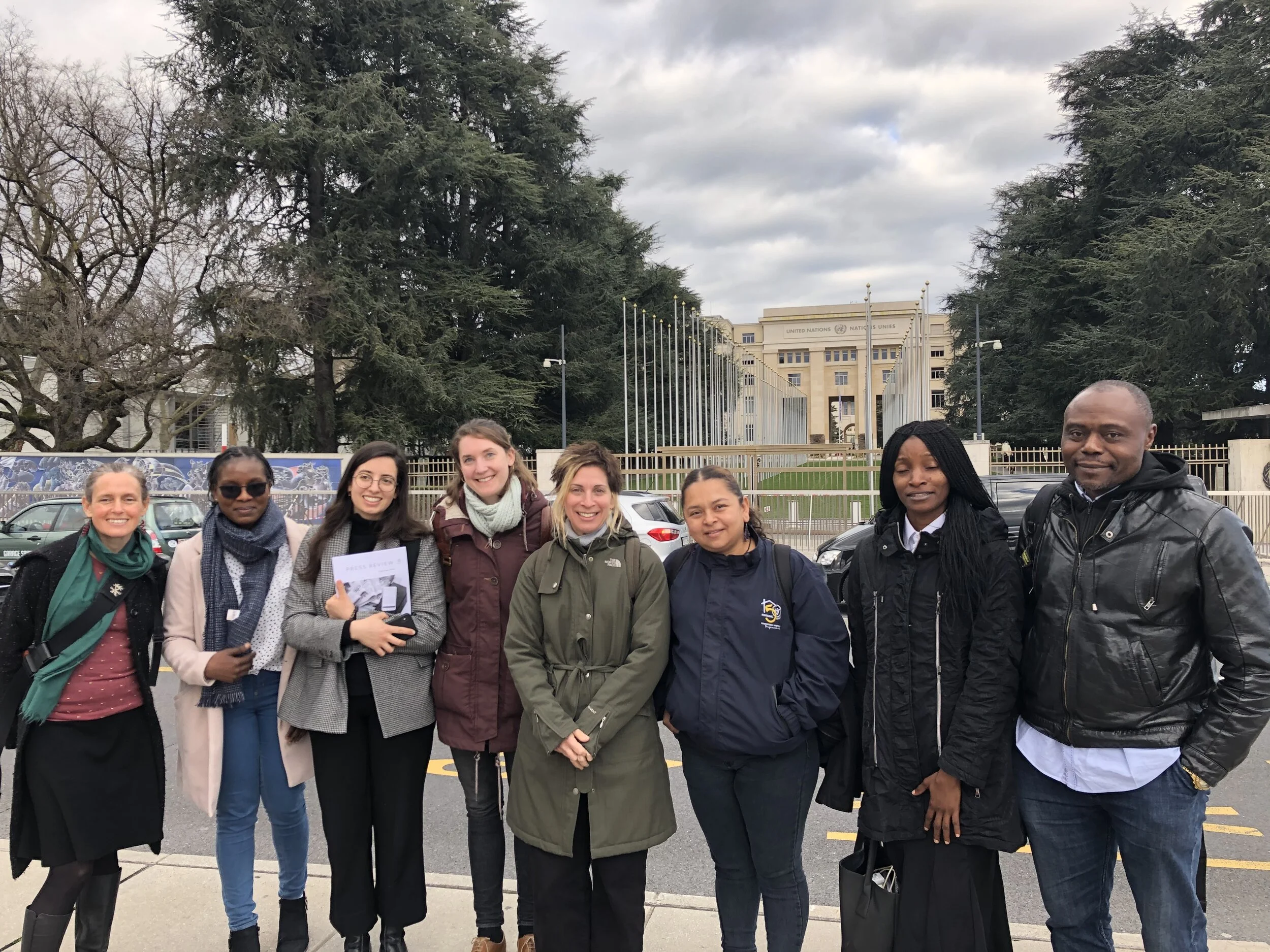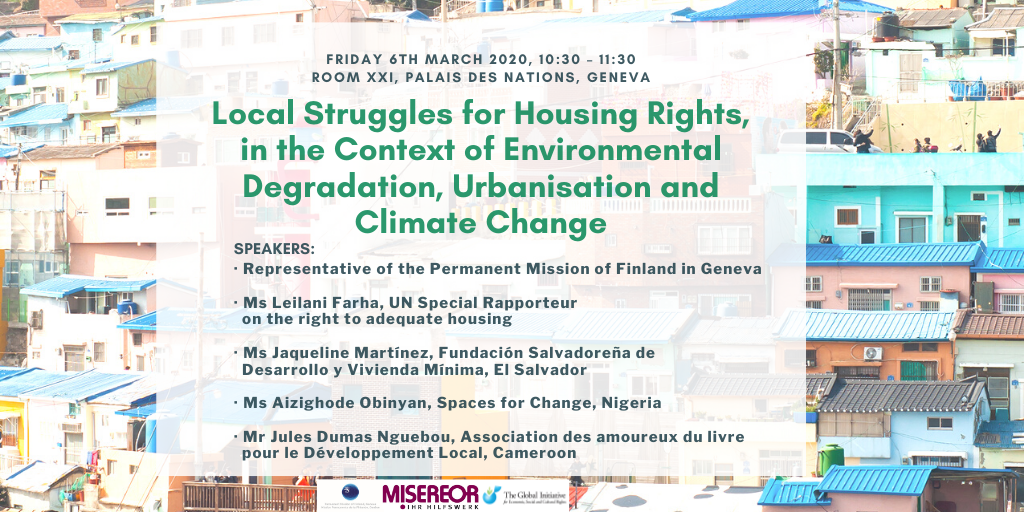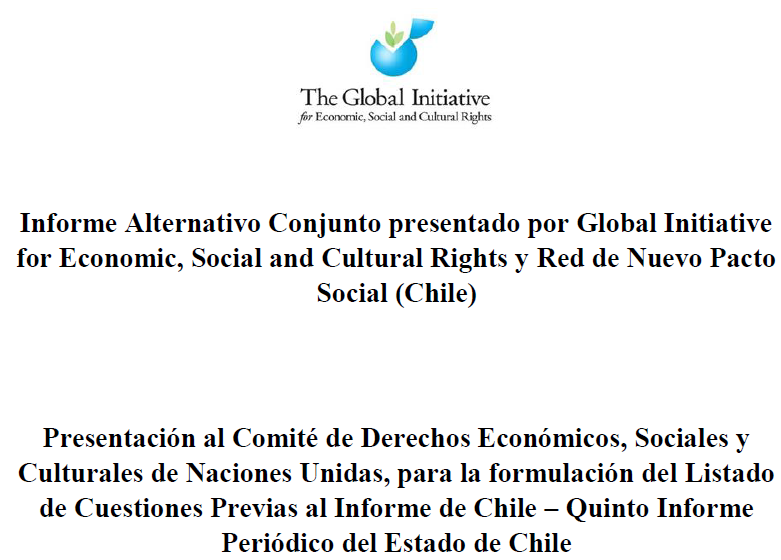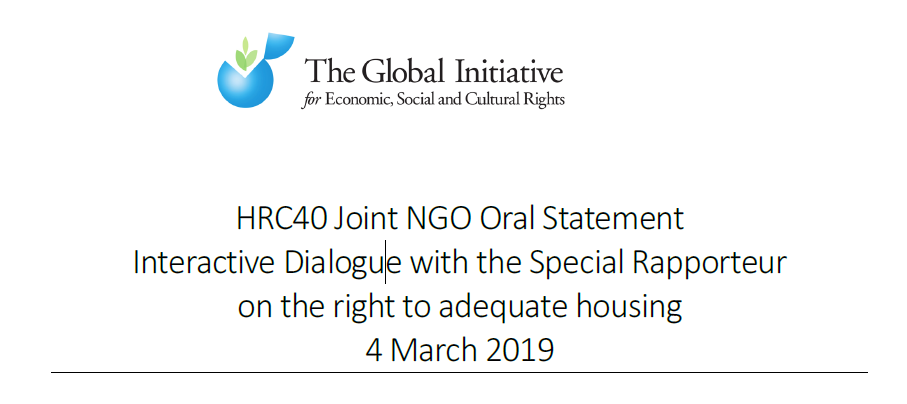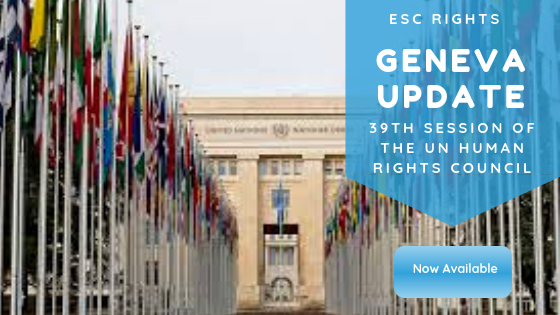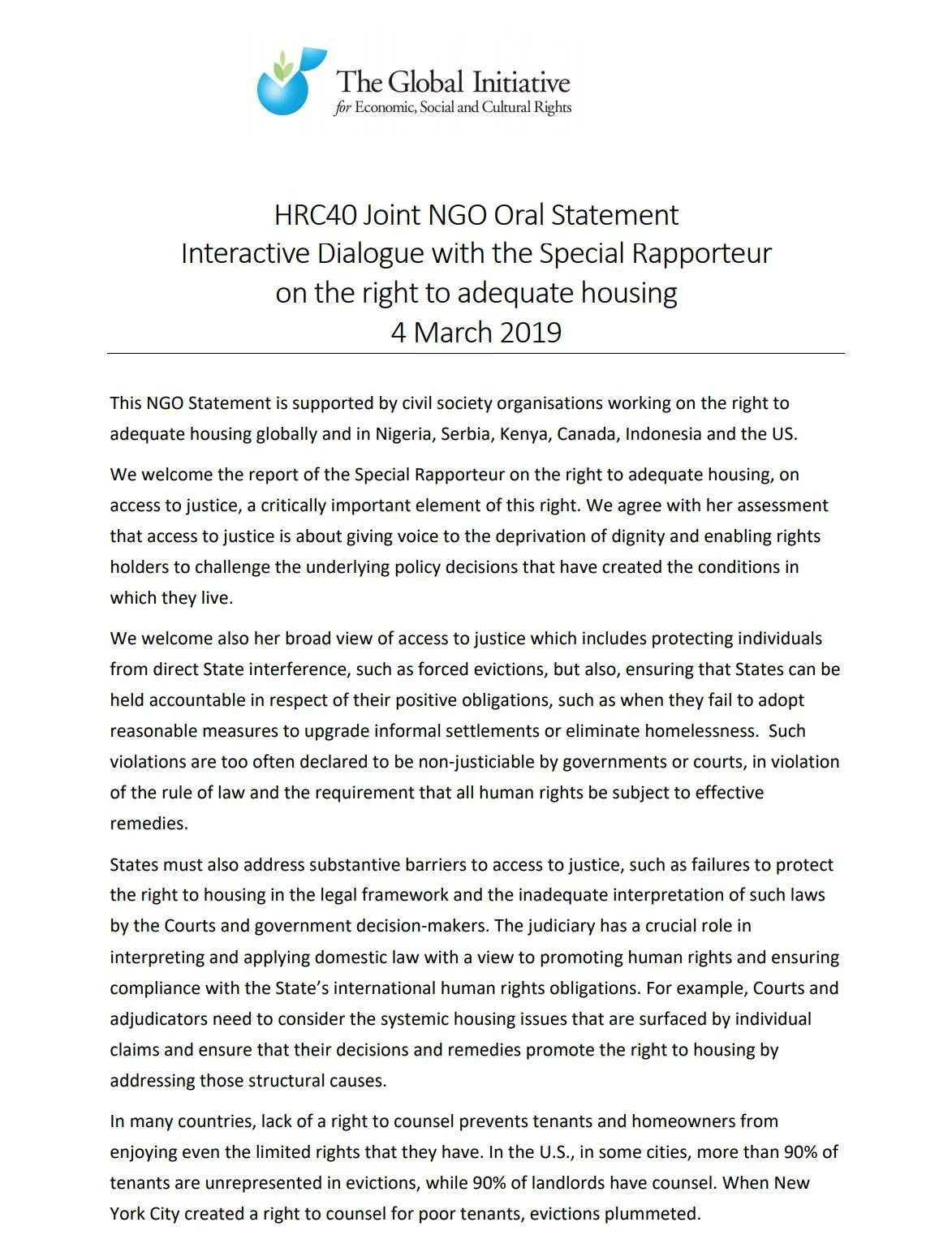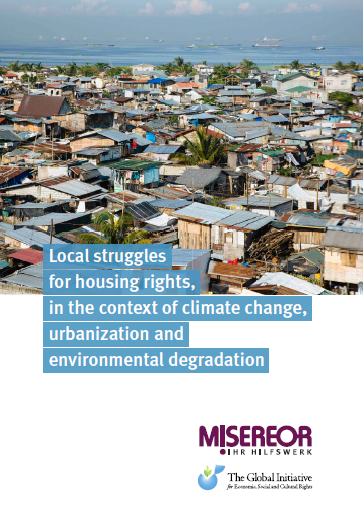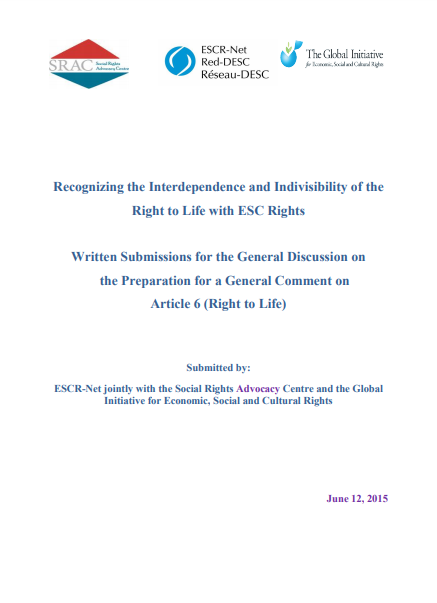Issue
The right to adequate housing is a fundamental element of a dignified life, and a pre-requisite for the enjoyment of other human rights. This right remains unrealised for many people in most countries of the world. Reports of mass forced evictions are common, informal settlements housing people in unhygienic, unsafe homes with a lack of privacy, are growing, and discrimination on the grounds of ethnicity, social position, gender and disability, in access to adequate housing is common.
+ Read more
Global events, such as the 2008 financial crisis, which damaged affordability of housing, and the global food price crisis which led to extensive land grabbing by States and corporations displacing millions from their homes has also significantly impacted the right to adequate housing. The financialistion of housing and privatisation of social housing, has led to housing being considered a commodity, rather than a right or a social good. This has caused severe unaffordability and homelessness crises. The global phenomena of urbanisation, climate change and mass migration flows, are also having a significant and complex impact on the right to adequate housing.
With this changing global context, the international normative framework on the right to adequate housing, has failed to keep pace. International human rights mechanisms often give comparatively little, or narrowly focused attention to the right to adequate housing.
The contemporary international discussions on sustainable development, climate change and urbanisation, a strong housing rights voice is often missing.
A re-invigoration of this crucial right is urgently needed to restore a human rights-based approach to housing, to return housing rights to the centre of human rights discourse, to advance the normative development of this right, and ensure housing rights are taken into consideration in the relevant contemporary international discussions.
Our Work
The right to adequate housing is under pressure from urbanisation and increasingly threatened by environmental degradation, climate change and climate policies. The implications for persons living in informal settlements and for those experiencing poverty, are particularly severe. Informal settlements across the world are already devastated by climate-induced natural disasters and by slow-onset climate impacts such as sea level rise, and their residents suffering in extreme weather such as heat waves and flooding.
+ Read more
Informal settlement dwellers and people living in precarious living conditions are particularly vulnerable due to: the fragile nature of their physical structures; the precarious locations in which they are forced to settle; the poor infrastructure and services (eg: lack of water and sanitation services); and their lack of political voice and influence in policy-making. Further, climate change and disaster risk reduction are increasingly being used as excuses for evictions of informal settlements to make way for modernization and development projects, without adequate resettlement programs for displaced persons.
In this context, there is an urgent need for States to prioritise housing rights and increase their ambition to tackle climate change and environmental degradation in order to prevent further harm to rights. It is equally crucial that the housing and climate policies employed by States and donor institutions (including climate finance mechanisms), are inclusive and rights-respecting. Participation of affected communities is key: where policy-makers understand the challenges faced by rights holders, particularly by hearing from them directly, they are better placed to address those challenges in their policy-making. In fact, in most cases, communities themselves are best placed to design solutions to the housing rights challenges they face.
GI-ESCR called on Italy to abide by its obligations under international human rights law
We jave joined The Shift, an organisation specialized in the promotion and protection of the right to adequate housing, to make public an open letter in order to call upon the relevant authorities of the Italian State to abide by its obligations under international human rights law, regarding the many cases of evictions that are currently under examination by the United Nations Committee on Economic, Social and Cultural Rights (CESCR).
GI-ESCR welcomed the Guidelines of the Special Rapporteur on the right to adequate housing
Thomas Bagshaw, Global Initiative for Economic, Social and Cultural Rights presented an oral statement welcoming the Guidelines of the Special Rapporteur on the right to adequate housing and her conclusion that the housing crisis is linked to socioeconomic inequality, financialisation and commodification of housing and land speculation.
GI-ESCR and partners came together to address the challenges for realising housing rights in the context of environmental degradation, urbanization and climate change
In March 2020, together with Miseror, GI-ESCR welcomed three NGO partners who champion economic, social and cultural rights at the national level, fighting against inequalities and for the right to adequate housing and associated rights for persons living in poverty.
Jaqueline Martínez of Fundación Salvadoreña de Desarrollo y Vivienda Mínima (El Salvador), Aizighode Obinyan of Spaces for Change (Nigeria) and Jules Dumas Nguebou of Association pour l’Amour du Livre et le Développement Local (Cameroon), as well as Filippino NGOs Pagtambayayong and Community Organizers Multiversity, came together to draw attention to the challenges for realizing housing rights in the context of environmental degradation, urbanization and climate change and advocating for States to ramp up measures to fulfil the right to adequate housing and address environmental degradation and climate change. Learn more here.

